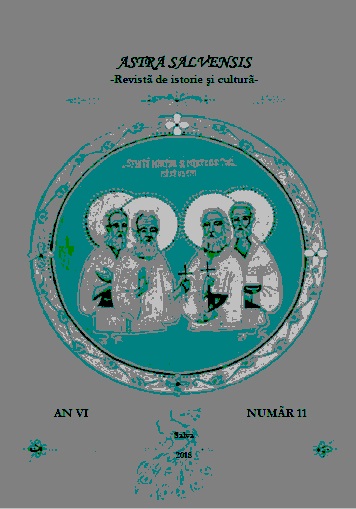THE PROBLEMS OF TRANSFORMATION OF THE PERSONAL IDENTITY IN A MODERN MIGRANT
THE PROBLEMS OF TRANSFORMATION OF THE PERSONAL IDENTITY IN A MODERN MIGRANT
Author(s): Yulia N. Ebzeeva, Irina S. Karabulatova, Dmitry A. NakisbaevSubject(s): Social Sciences, Geography, Regional studies
Published by: Asociaţiunea Transilvană pentru Literatura Română şi Cultura Poporului Român - ASTRA
Keywords: migrant; erosion of borders; floating identity; crisis of personal identity; ways of transformation; migration processes;
Summary/Abstract: Migration flows have an impact on the ethnic, demographic, religious, linguistic, political, socio-economic situation both in a single country and outside it in larger geopolitical entities. Modern ethno-linguistic processes both at the global and state and regional levels proceed against the background of intensification of migration processes in the situation of unification of the world socio-economic, cultural and political space, which is typical for the current stage of the development of society, in its electronic-digital stage. We are faced with the huge space of a new resettlement of peoples, which inevitably entails a wide variety of transformations both among migrants and among the host community. The problem of migration processes has long been of interest to researchers in various aspects. The methodology of the migration research traditionally refers to psychology and economics. At the same time, we must recognize that the problem of migration and migrants is much deeper; it penetrates into the linguistic picture of the world, transforming the linguistic identity of the migrant as such, as a result of which the geopolitical map of the world is changing. Since the second half of the 20th century and already in the second decade of the 21st century, mankind has become not only a witness, but also an active participant in the irresistible force of the processes of globalization and migration that have literally enveloped all spheres of social life and create a global system of interdependence of countries and peoples of the world. At the same time, globalization itself, combined with rapid changes in political and economic systems, contributes to a sharp intensification of various ethno-social deviations, including in the field of intercultural communication, which forms a new migration and ethno-linguistic situation in the world.
Journal: Astra Salvensis - revista de istorie si cultura
- Issue Year: VI/2018
- Issue No: 11
- Page Range: 729-738
- Page Count: 10
- Language: English

